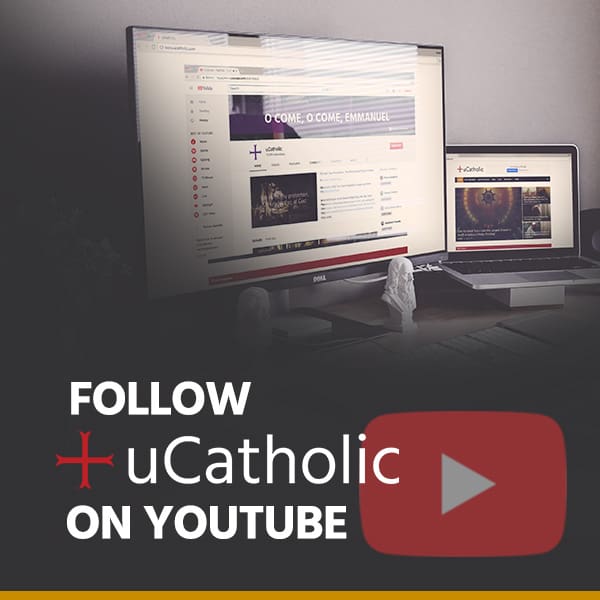Of all the apostles, perhaps none strikes the dichotomy and complexity of Saint John the Beloved. The “Beloved Apostle” whose feast we celebrate today, exemplifies the fullness of the Christian life, complete with all of its harmonious dualities.
In his life, he was the son of a simple fisherman but also the author of the most theologically dense and challenging Gospel. He was a docile and gentle servant of Christ who tenderly rested his head on his Master during the last supper, but also a “Son of Thunder” who debated with his brother who would be greater in Heaven. He was the son of his father Zebedee by birth, but also the son of his “mother” Mary after the crucifixion by adoption. He is often portrayed as a young man barely out of his adolescence, but he was the only apostle to live to natural advanced age.
In all of these instances, Saint John typifies the life of a Christian, with its sufferings and joys, with abandonment to divine will while maintaining the personal journey of one’s interior faith.
Being that his feast falls two days after Christmas, reflecting on this saint is a useful way to also reflect on the dichotomies of Christmas. While during the octave of Christmas we celebrate the joy of the infant Christ’s birth in fulfillment of God’s promise, we must also recognize the shadow of the Cross which hung over the manger.
Though Christmas is a season of light, its deeper meaning is that through this joyous feast, the darkness of the world would be ultimately confronted, allowing the very Son of God to be fully enveloped in it, to be pierced by it, to suffer in it.
Saint John recognized this and wrote: “the light shines in the darkness, and the darkness has not overcome it” (John 1:5).
If Christmas was just the remembrance of the birth another wise man or philosopher, it would be a nice, but ultimately, meaningless occasion. It is only by the fact that it would lead to the grisly terror of Good Friday and the redemptive sacrifice of the child that lay in swaddling clothes, that makes it a history-shattering event.
Recognizing and confronting the deep darkness that lurks in the bright lights of Christmas is essential to fully understand the Nativity of Christ and allowing it to transform you.
 Ryan Scheel is the founder and chief editor of uCatholic.
Ryan Scheel is the founder and chief editor of uCatholic.

















Thanks be to God for my understanding for ability to have uCatholic come to me everyday. Thanks to Ryan Scheel the founder and chief editor of uCatholic.
Amen, this was a very good article and it helps me to celebrate the octave of Christmas. There is so much more to learn about my faith, my soul hungers for our Lord Jesus Christ and to learn all I can about the beautiful church that he founded